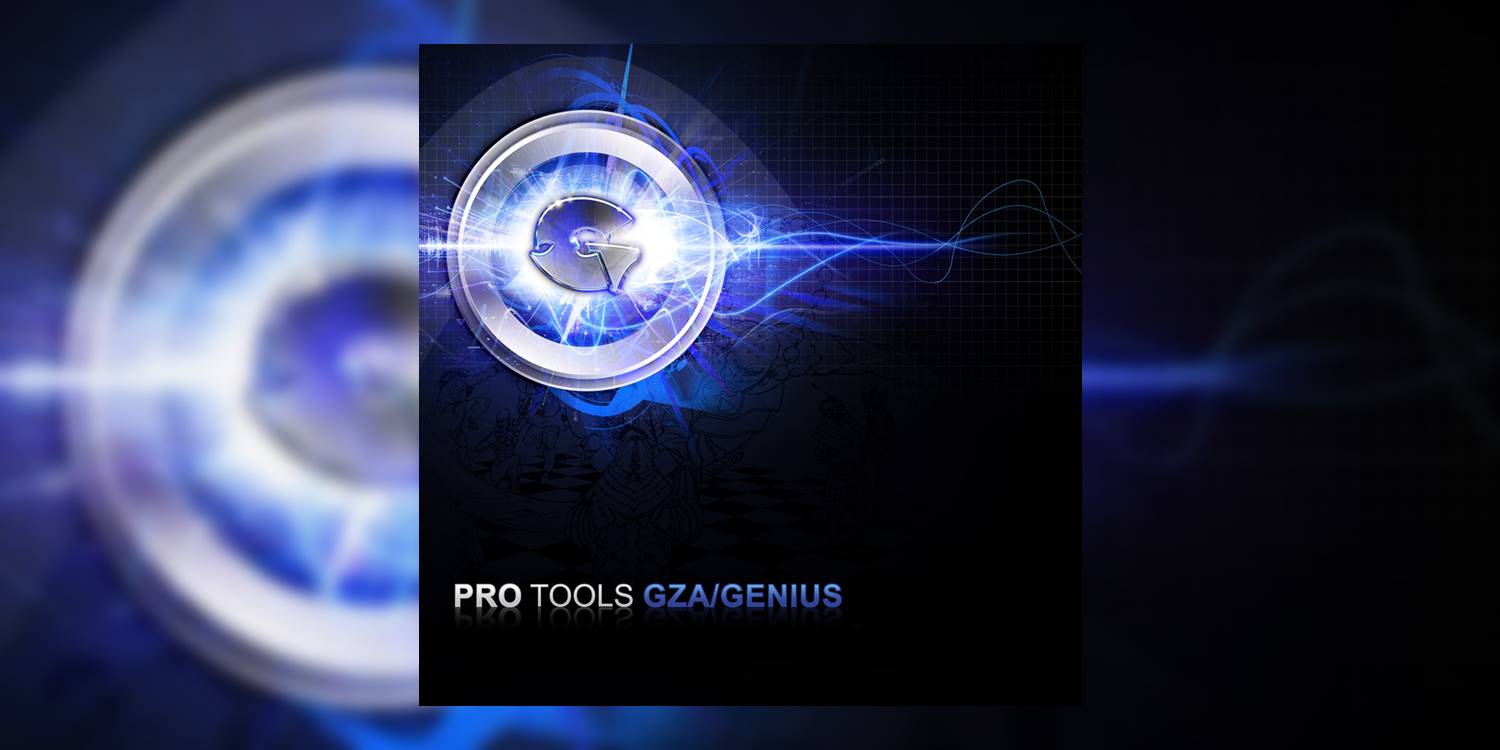Our recurring column ‘Lest We Forget’ is devoted to revisiting albums that have been unfairly overlooked or marginalized within the broader critical and commercial context of our favorite artists’ discographies. We hope that our recollections shine a newfound light on these underappreciated gems from the past, and as always, we encourage you, our readers, to weigh in with your own perspectives and memories in the comments below.
The post-1997 solo output of the members of the Wu-Tang Clan doesn’t get the respect it should. While the body of work of the core nine or ten emcees over the past two-and-a-half decades is voluminous, outside of albums by Ghostface Killah and Raekwon, most of it gets dismissed. The accepted perception is that of the Clan’s many extremely talented emcees, very few have achieved their potential as solo artists.
Which is a shame, because there’s a good deal of quality material that deserves accolades, and a good chunk of it comes from Gary “The Genius” Grice a.k.a. The GZA a.k.a. the head of Wu-Tang’s Voltron. In the 25 years that have followed the group’s landmark 1993 debut album Enter the Wu-Tang: 36 Chambers, he has maintained a remarkable level of quality as a lyricist. Liquid Swords, his first Wu-affiliated album, is one of the greatest albums of the ’90s and features one of the all-time great lyrical performances.
But GZA’s post-Liquid Swords catalogue is underrated. One such gem is Pro Tools, which was released a decade ago in 2008. GZA continues to display the skills that have made him the best pure emcee from the crew, functioning as a lyrical assassin, clever metaphor builder, and master storyteller. Like many of the Clan’s post Wu-Tang Forever albums, Pro Tools features very little production input from RZA, who only contributes two tracks. However, GZA continues to have strong chemistry with the Clan’s production affiliates, including Arabian Knight, Bronze Nazareth, True Master, and Mathematics.
Sometimes GZA just likes to remind everyone that he’s one of the sharpest verbal swordsmen out there. On Pro Tools, “Alphabets” serves that purpose, as he displays his lyrical pedigree over a slow piano loop. GZA is in fine form throughout the track, rapping, “You know my ink lay all over the sheets / letters gather around and form words, every time they meet,” and “A livewire, known as the dragon that spit fire / Verbal action, hot as the grease from deep fryers / Delivered in the perfect pitch / Because hip hop is all in my genes, the pattern is seen in every stitch.”
Produced by then up-and-comer Black Milk, “7 Pounds” is a bouncy lyrical exhibition that foreshadows GZA’s growing obsession with scientific disciplines. After setting the stage likening emcees seeking success to thousands of sperm fighting to reach the egg, he continues his verbal clinic, eventually labeling himself as a “Complex individual that you dream of being / Intellectual challenging, the all eye seeing.”
Pro Tools generated some noise when it was released due its first single “Paper Plate,” a dis track directed towards 50 Cent. The Wu and 50 had traded barbs for years, first stemming from them taking issues with “How to Rob.” This time around, the beef was sparked by remarks GZA had made about 50 during a concert. 50 responded by clowning GZA’s age and calling the Wu a bunch of “dust heads.”
GZA was having none of it, and he responds by lyrically breaking his foot off in the asses of 50 Cent and the “Flea Unit” for making weak and disposable music. You know, like a paper plate. GZA delivers a marathon verse, rapping, “Rhymes too short to box with God, so stretch it / Especially these overrated rap stepping fetch-its” and “All this rap crap that’s trapped in your colon / only means get rid of the wack shit you holding.”
The album-opening “Pencil” is a throwback to Wu-Tang’s early days, as GZA, Masta Killa and RZA all kill it over a chopped “chipmunk soul” track by Mathematics and Soroka. GZA and RZA contribute the strongest verses, as the former describes “horrific torture by prolific authors,” while the latter closes with a marathon verse during which he promises, “Any leftover bones, we grind into sand / And spread it out, over 20 acres of land.” The RZA-produced “Life Is a Movie” is another old school-tinged exhibition, as the GZA and the Abbott trade verses over the warped synths and drums from of Gary Numan’s “Films.”
Where Pro Tools really sets itself apart is in the intricate narratives that it presents. GZA is masterful at creating portraits of those who have suffered an ignominious fate for reasons beyond their control. GZA has always been Wu-Tang’s best sociologist, and his gift for detail remains unparalleled. On “Path of Destruction,” he tackles juvenile delinquency, and how a poisonous childhood environment can make criminal activity later in life almost inevitable. GZA later shifts his focus to global events on “Colombian Ties,” as he narrates the “miserable death” of a nameless foot solider caught up in a less than noble war in South America. After being driven to kill in order to survive, he dies anonymous and un-mourned.
GZA hasn’t released an album since Pro Tools. Truthfully, he hasn’t appeared on many projects in the past decade, limiting his time on the mic to scattered cuts found on a few Wu-Tang albums and the occasional guest appearance on songs by Wu-Block and Logic. There was talk of him working on an album based on the study of scientific principles, at least partially inspired by his talks with Neil DeGrasse Tyson, but it’s been at least five years since the first signs surfaced. Here’s hoping GZA continues to release more quality records, because hip-hop really misses his brand of intelligence and awareness.
LISTEN:

